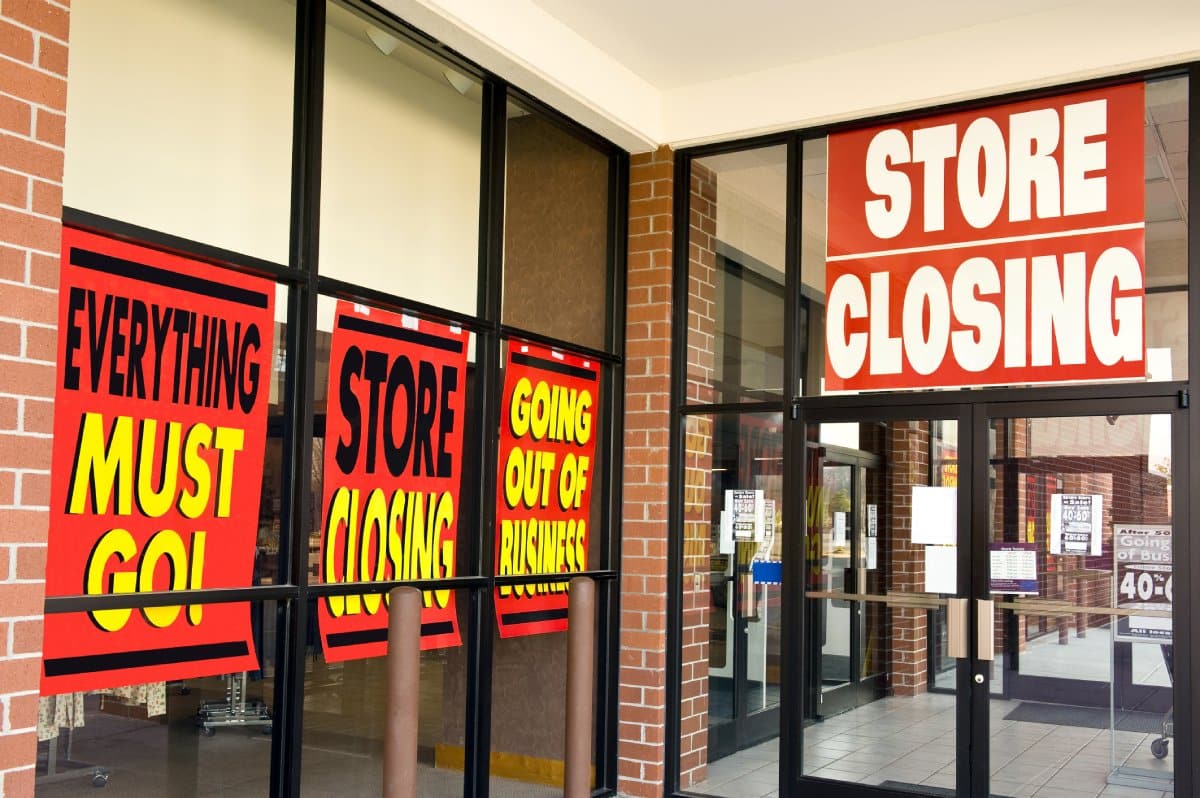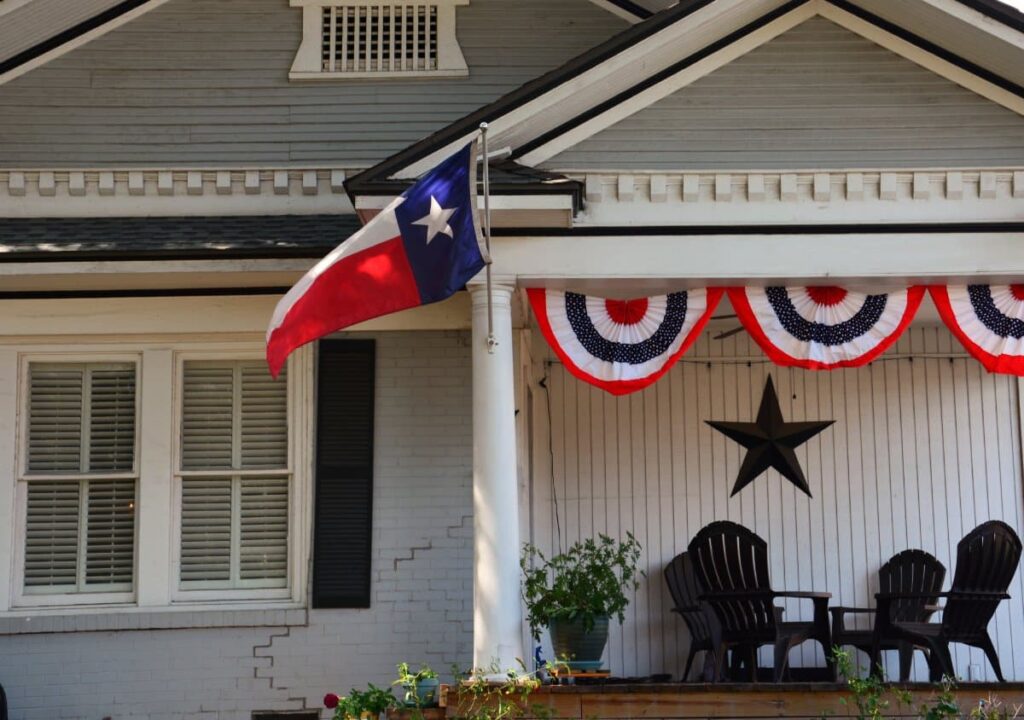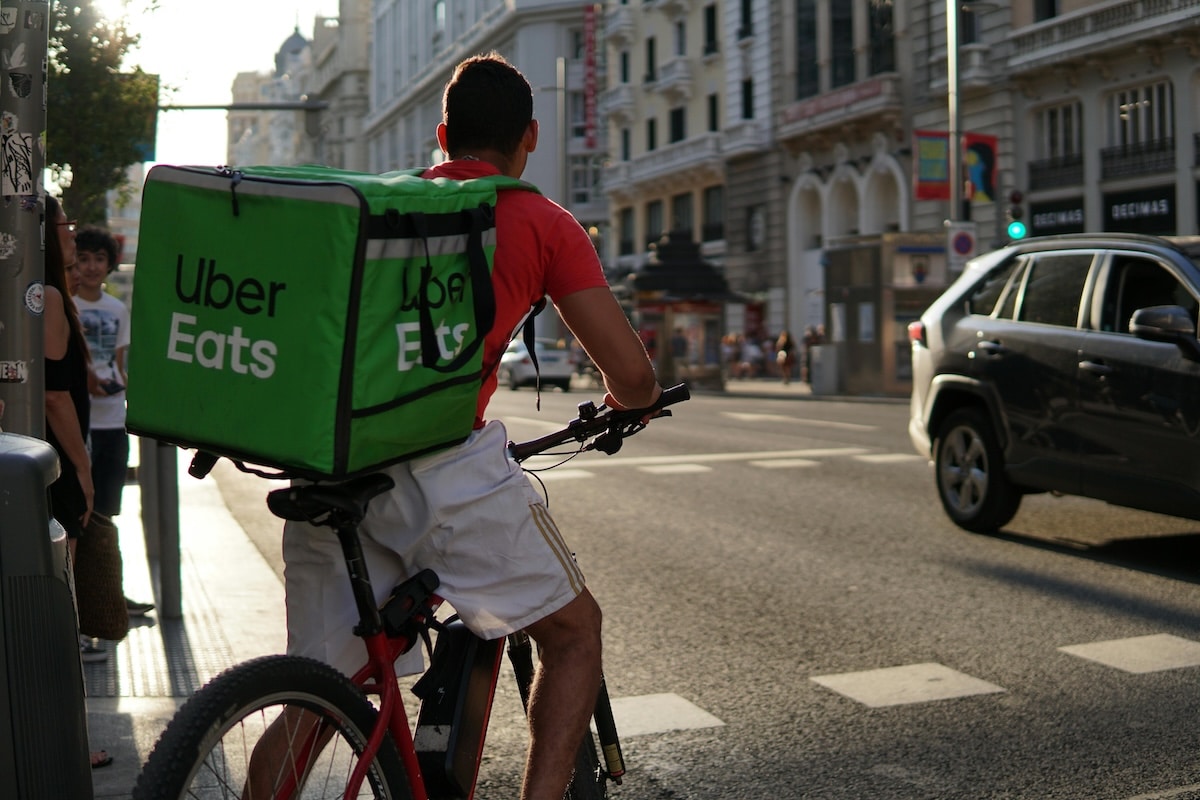
Recent Articles
As the Baby Boomer generation edges into retirement, the strain on pension systems is becoming palpable. Which states are equipped[..]
The president of one of California’s favorite burger chains has spoken out about the recent state minimum wage increase. In-N-Out[..]
A settlement over 2017 labor violation allegations has been reached between Chipotle, Seattle-based employees, and the Office of Labor Standards.[..]
A recent move to restrict California news sites over proposed legislation has caused an influx of criticism against Google. Removing[..]
Hey, let’s talk about that dream house of yours. You know, the one with more rooms than you can count[..]
Who hasn’t found themselves craving that crispy chicken sandwich or those irresistible fries from your favorite fast-food joint? I know,[..]
From the bustling cities of Texas with their open economic policies to the tech-driven landscapes of California, these two states[..]
Between the soaring skyscrapers of New York and the sprawling film studios of California, these two states stand as titans[..]
Stores across the U.S. are closing at unprecedented levels, according to new research from advisory firm Coresight Research. Read on[..]
TRENDING NOW
The U.S. is poised on the brink of a major labor shift. The Biden administration is set to unveil a rule that could transform how gig economy workers are classified, impacting millions and stirring up a mix of reactions across various industries. A Groundbreaking Rule The Biden administration is about[..]
TRENDING NOW
YOUR MONEY,
CAREER & EDUCATION,
BETTER LIVING,
INVESTING
Whether you’re looking to invest smarter, save better, or simply stay in the know about money matters, we’ve got you covered. Join our community of savvy individuals and let’s journey together towards financial success and a brighter future.
With Wealthy Living by your side, achieving your financial goals has never been easier. wealth


ABOUT US
At Wealthy Living, we’re all about making money management and wealth growth a breeze. We provide practical advice, insightful tips, and the latest trends in personal finance, all delivered in a friendly and approachable way.
Whether you’re looking to invest smarter, save better, or simply stay in the know about money matters, we’ve got you covered. Join our community of savvy individuals and let’s journey together towards financial success and a brighter future.
With Wealthy Living by your side, achieving your financial goals has never been easier.

























